I had a brief exchange with a colleague a few days back and the subject of where manufacturers were headed with barcoding came up. It’s an interesting discussion. As mentioned in a previous post the number of available barcode ready, unit-dosed medications has been slowly shrinking. As manufacturers work with government agencies and pharmacy organizations to come up with a standardized barcode format, it appears that they have put their unit-dosed, barcode ready medications on the back burner.
Manufacturers have a lot of barcode options to choose from, which may be contributing to the difficulty in developing a standard. However, it is important for the pharmaceutical industry to realize that the need for a barcode standard is ultimately driven by a goal for patient safety.
Some of the most common barcode symbologies are presented below.
Linear barcodes
The simplest of all barcodes is the linear barcode. Examples of these include Code 128, Code 39 and Code 25. Â Linear barcodes are a good choice for most packaging needs because they are easy to create, manage and scan. The weakness of linear barcodes is their inability to hold large amounts of information. Most linear barcodes contain only the manufacturer’s NDC number, leaving little or no room for the addition of the lot number or expiration.
Linear barcodes examples:
2-D Stacked barcodes
2-D barcodes are capable of holding significantly more information than their linear counterparts. They utilize multiple rows of bars and spaces to encode multiple data elements such as the NDC number, lot number, and expiration. The structure of the code allows for between 1000 and 2000 characters per symbol.
An example of a 2-D stacked barcode:
2-D Data Matrix Barcodes
Similar to other 2-D symbologies in capacity, the Data Matrix barcode uses squares or dots spiraling from the center rather than a row by row structure. The symbol can store between one and 500 characters, making it more than capable of handling NDC number, lot number, and expiration. The symbol is also scalable from approximately 0.001 inch square up to 14 inches square. Although theoretically possible a 14 inch Data Matrix barcode would not be practical for printing or reading using current technology.
Data Matrix barcode example:
As I spent some time looking around the pharmacy, I found the linear barcode to be the most prevalent by far. One reason for the overwhelming number of linear barcodes is due to the use of our bulk packager and labeling system, both of which are linear. 2-D barcodes were much more difficult to find. In fact I found only a few stacked barcodes and no unit-dosed Data Matrix barcoded medications. I did find one example of a Data Matrix barcode on a bulk bottle of TopAMAX 25mg tablets. Unfortunately a scan of all barcodes resulted in similar results, a single number with no lot number or expiration data present. Lot number and expiration information embedded in the barcode would be a great advancement for pharmacy in general, as this information would make tracking FDA recalls and outdated medication significantly easier.
One interesting find during my search for barcode symbologies in the pharmacy is pictured below. Take a close look at the ondansetron ODT 8mg tablet packaging and see if you can figure out the problem. Pick up a scanner and try to verify the tablet identification via barcode scan and you will immediately discover that the barcode is conspicuously absent. This was the only item I found missing a barcode. Interesting.
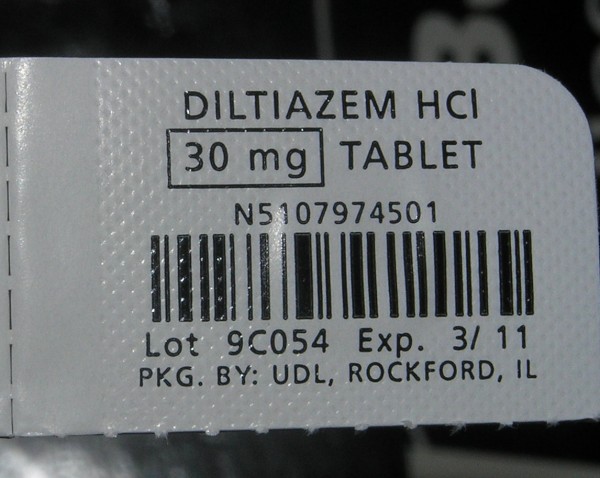
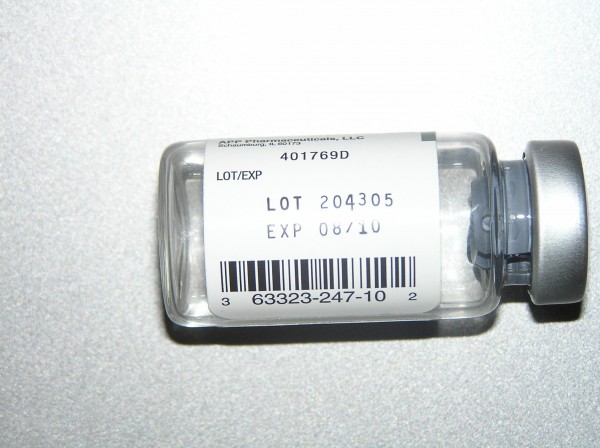
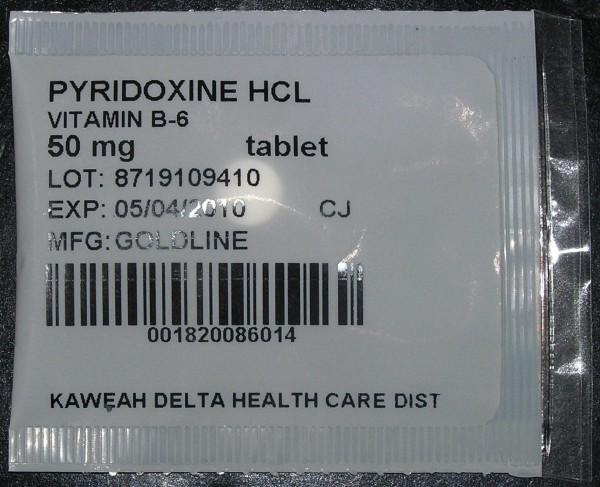
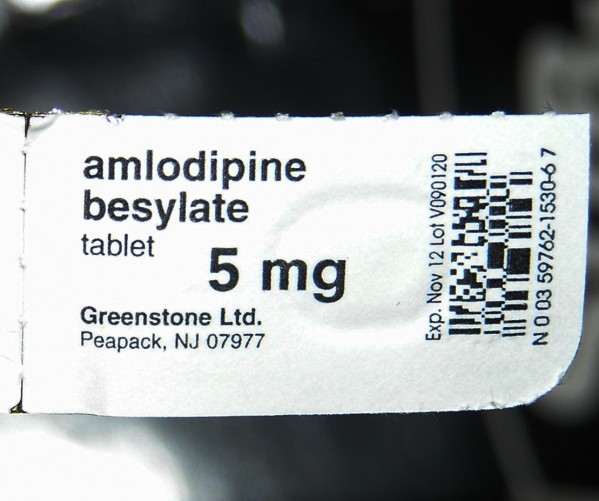
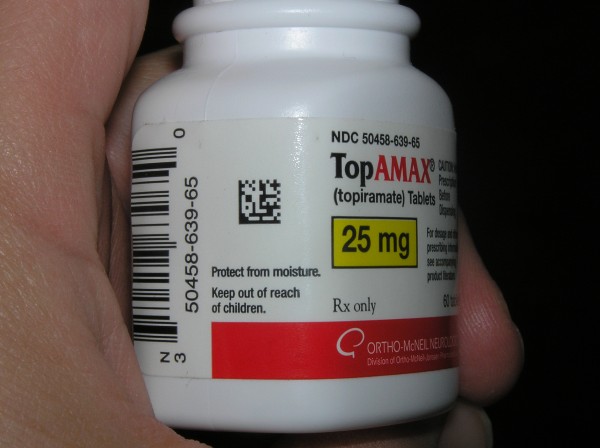
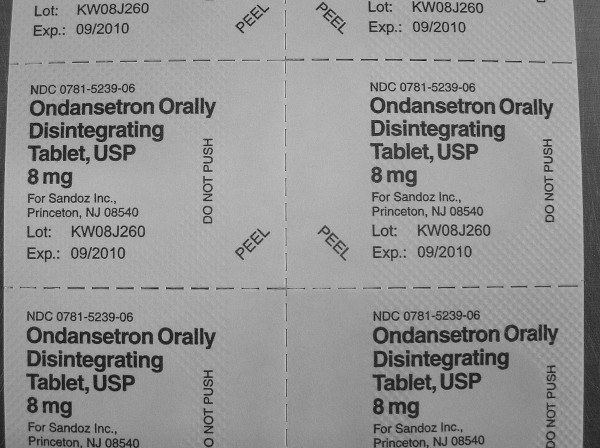
Leave a Reply